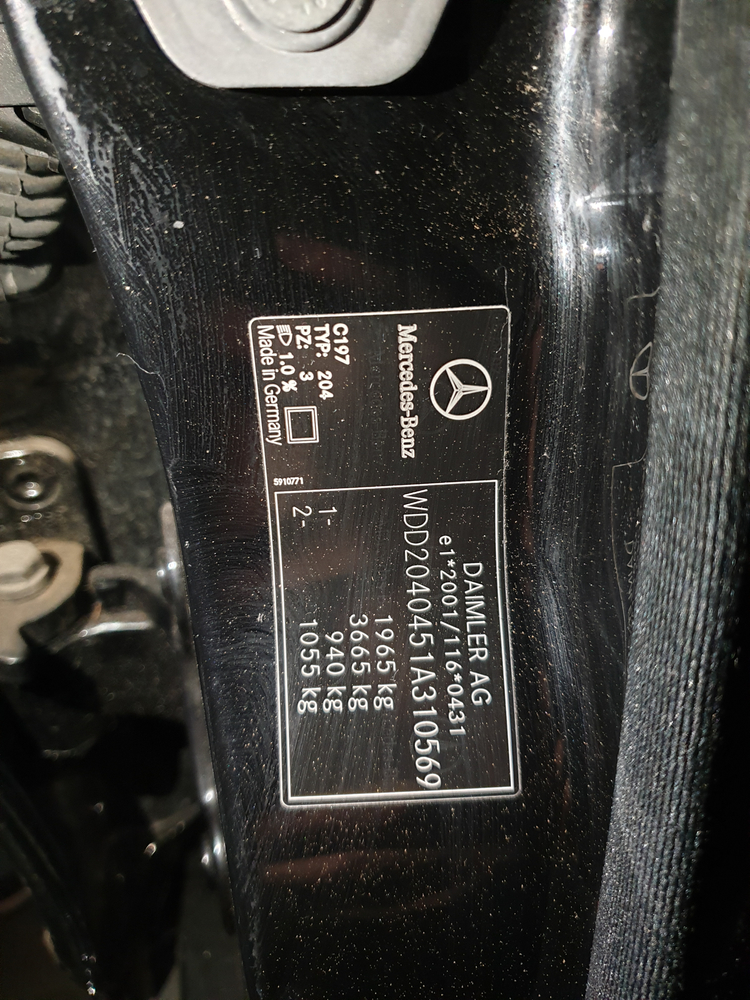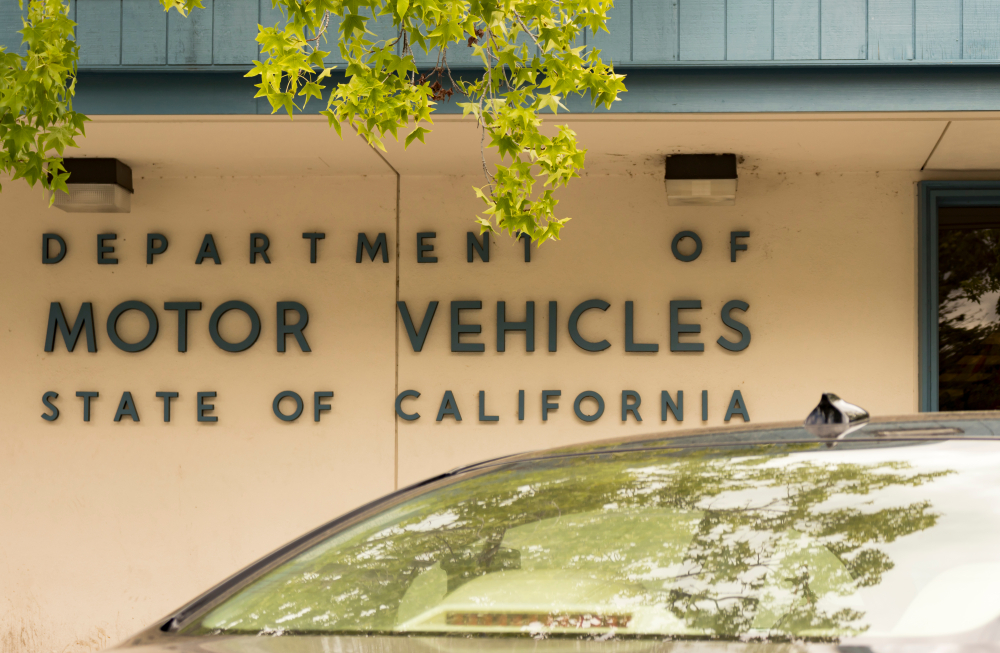Parting with one of your favorite cars is never an easy thing, but sometimes it is necessary. If you’ve ever had to sell or give up one of your old rides, you may be wondering if you can find out what happened to it, and may even be wondering if you can find it to buy it back.
Fortunately, there are ways to track down your old car. It’s not the easiest process in the world, but with some dedication and prime amateur sleuthing, you may be able to find out the fate of your old car and gain closure at last.
Why Look for Your Old Car?
For many people, selling their old car is something they don’t think twice about. After all, once the car is out of their hands, it’s out of their life for good. However, there are some former car owners who’ve sold their prized cars due to unfortunate life circumstances or out of the convenience of it, who’ve ended up regretting the sale in the long run.
Those who are looking for their old cars typically want to trace the happening of their car and see what kind of life it led from the moment it left their hands.
Alternatively, a large number of people searching for their old cars want the chance to buy it back, as for them it represents memories, good times, and hours of hard work, especially for those who spent time refurbishing and building up the car themselves.
What You Will Need to Begin Your Search

In order to successfully locate your old car, you will need one or more of these documents to start your search off right.
Use the VIN
Your car’s VIN, short for “vehicle identification number,” is a unique 17-digit code made up of numbers and letters. Each car has a unique VIN that carries information about the vehicle, and vehicle identification numbers are required to register the vehicle in any state and to purchase car insurance. The VIN will be listed in multiple areas on the car and engine to prevent fraud. You can read more about the unique code sequencing and fraud protection that makes up a VIN here.
The easiest way to locate your VIN is to check the left lower-hand side of your dashboard. Most vehicles will display the VIN here; you will recognize it as a long line of letters and numbers combined. Alternatively, you can look at the driver’s side door. There should be a sticker there on the side that lists your vehicle identification number on it.
The VIN is the easiest way to search for your old car, and if you have the VIN number, your search will likely take much less time than if you use other methods. For information on searching for your old car with the VIN, jump down to our section here.
Old License Plate Number
If you remember your old license plate number or still own your old license plate, you may be able to take it to the DMV and have the VIN looked up. The employees can give you information about the VIN of your old car, but they will not be able to tell you any more information about your car, even though they have it, something that we will discuss later on.
Driver’s License Number
Similar to showing your old license plate number at the DMV, you can provide your driver’s license and have the employees look up every car you’ve ever registered under that number. From there, the employees will be able to tell you the VIN number of your old car.
Old Documents
Old documents that you received when you were the owner of the car can help point you in the right direction to finding the VIN. These documents include everything from insurance records, registration papers, loans, work orders with mechanics, or even police reports from an accident you had in the car.
You can also contact your auto insurer for the old car directly and ask them for a copy of the old records, as these papers will have the VIN printed on them.
The Bill of Sale
Whenever you sold your old car, you should have created or received a signed bill of sale. This bill of sale should have the signatures of the purchaser on it, in addition to the sale cost of the vehicle, the make and model of the car, and the VIN. If you have a copy of this document you will easily be able to start your search for your old car.
Searching for Your Old Car With the VIN
Once you have the VIN for your old car, it is a simple matter of plugging the number into various search engines. For starters, you can try typing the number in completion, with parentheses around the number, into a search engine such as Google. This can pull up any free available information about the car.
You can also plug the VIN into an online service that is designed to provide information about used cars, such as Vehicle History. Used car information websites like these will run the VIN through their databases and give you basic information about the car, such as the make, model, and any accidents.
If you want more detailed information on the current milage, service history, and location of your vehicle, you will likely have to plug the VIN number into a website like CarFax or CarVertical, which will take the VIN and provide you with a detailed history report of the car for a nominal fee.
These reports will help you narrow down your search to a specific city and state, and can allow you to target your online advertisements or even look up the current owner using the internet and various social media platforms. However, if you do go this route, you should remember to be respectful – if the owner doesn’t want to discuss selling the car or just plain doesn’t want to talk, don’t harass them and don’t push the issue. Instead, make peace with the fact that you now know where your car is and leave the matter at that.
Searching for Your Car Without the VIN

So, you don’t have the VIN number at all or you really don’t want to wait in line at the DMV to look up the number. You may think that your search for your old car is over, but there are a few avenues left for you to explore, even when you don’t have the old VIN readily available.
Start Posting Advertisements
Online advertisements can be a great way to locate the current owner of your car. For this method to work, you should be targeting your ads to the last known location of your vehicle. List any old photographs of the car you have, give a short description of it, and state why you are looking for the car; it helps to be as straight-forward as possible or people might find the ad suspicious and refuse to respond to it.
Through these ads, you may be able to locate people who know anything about the whereabouts of your old car, and people who can point you in the correct direction of targeting your ads if the vehicle has since left the last known area.
Track Down the Buyer
If you were the direct seller of the car, you may be able to track down the buyer who you sold the car to. Reach out to them using social media, email, or their phone number, if you still have it, and inquire about your car. They may be able to tell you its current whereabouts or give you leads to who the next purchaser was.
And, as we stated above, always act respectfully when reaching out to the buyers of your old car. You don’t want to harass or push people to give you information about the car, as this is rude, and may be illegal depending on your actions. If the buyers refuse to give you information about your old car, you will have to drop the issue and make peace with the matter.
Look Through Online Groups
There are a number of online forums and groups that dedicate themselves to helping each other find their lost old cars. In addition to groups on Reddit and Facebook, you can post inquires on forums such as The Lost Car Registry.
When posting your inquiry, make sure to keep the story behind your car concise and to the point – you may love your old car, but readers will not want to spend an hour reading about your fond memories with it. Post any pictures you have of the old vehicle and any prominent details you remember, including information about the engine or other modifications. You should also state the reason you are looking for the car to give your posting credibility.
This method of using online groups may take a little bit longer than simply looking up the VIN of your old car, but they can turn up results if given enough time and if there are enough location leads to your lost old vehicle.
What About the DMV?
Though the DMV can tell you limited information about your old car’s VIN, there is not a lot that the agency can actually help you with when it come to finding your old car, even though they have the information on it. Thanks to privacy protection laws, and the Driver’s Privacy Protection Act of 1994, you need official authorizations to request information about your old car. This is done to stop unwanted persons accessing information about vehicles and their owners. It may be an inconvenience on your search for your old vehicle, but the Act does protect many people.
The only way to get around the Driver’s Privacy Protection Act is to hire a private investigator. They will usually be able to request and receive the information you need about your old car and its whereabouts with the proper authorizations. However, this can be an expensive way to track down your old car, and should only be done if you really have no where else to turn and desperately need to find your old vehicle.
Driving Down Memory Lane
The search to find your old car can be a bittersweet thing, especially if you find yourself starting out with little to go on. However, if you dedicate enough time to your mission, you may be able to find traces of your old car and eventually locate the vehicle.
Just remember to be concise and exact with any online postings and respectful to the current owners of the vehicle if you find them, and ultimately, you should be able to get the closure you need regarding your lost old car.


